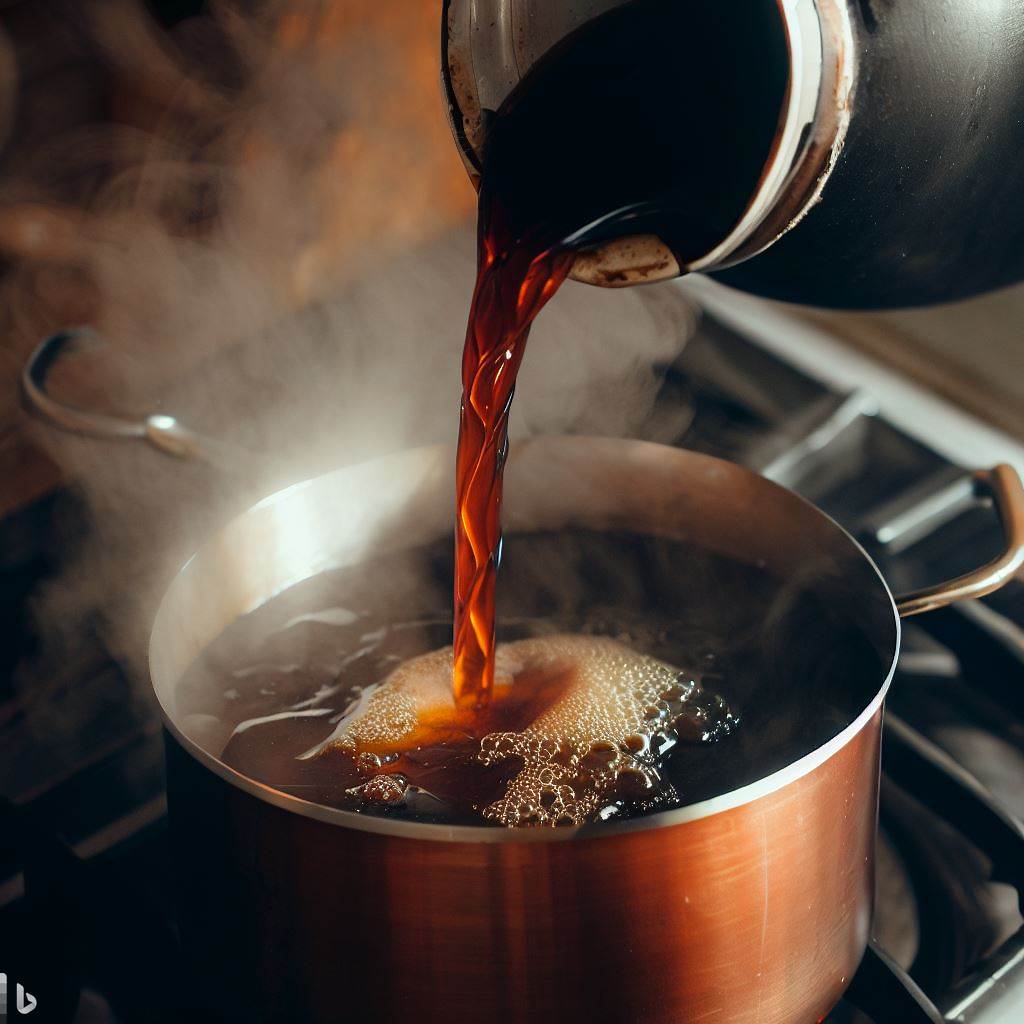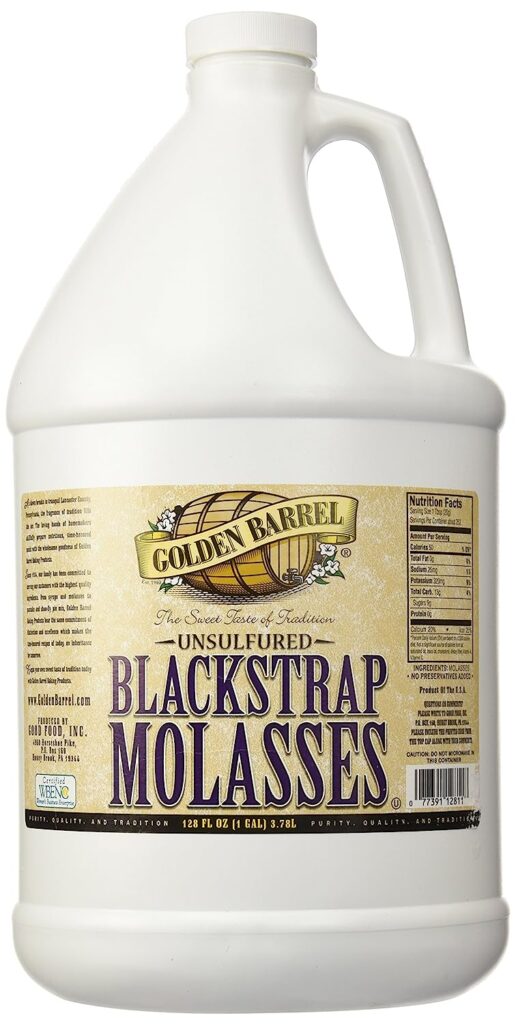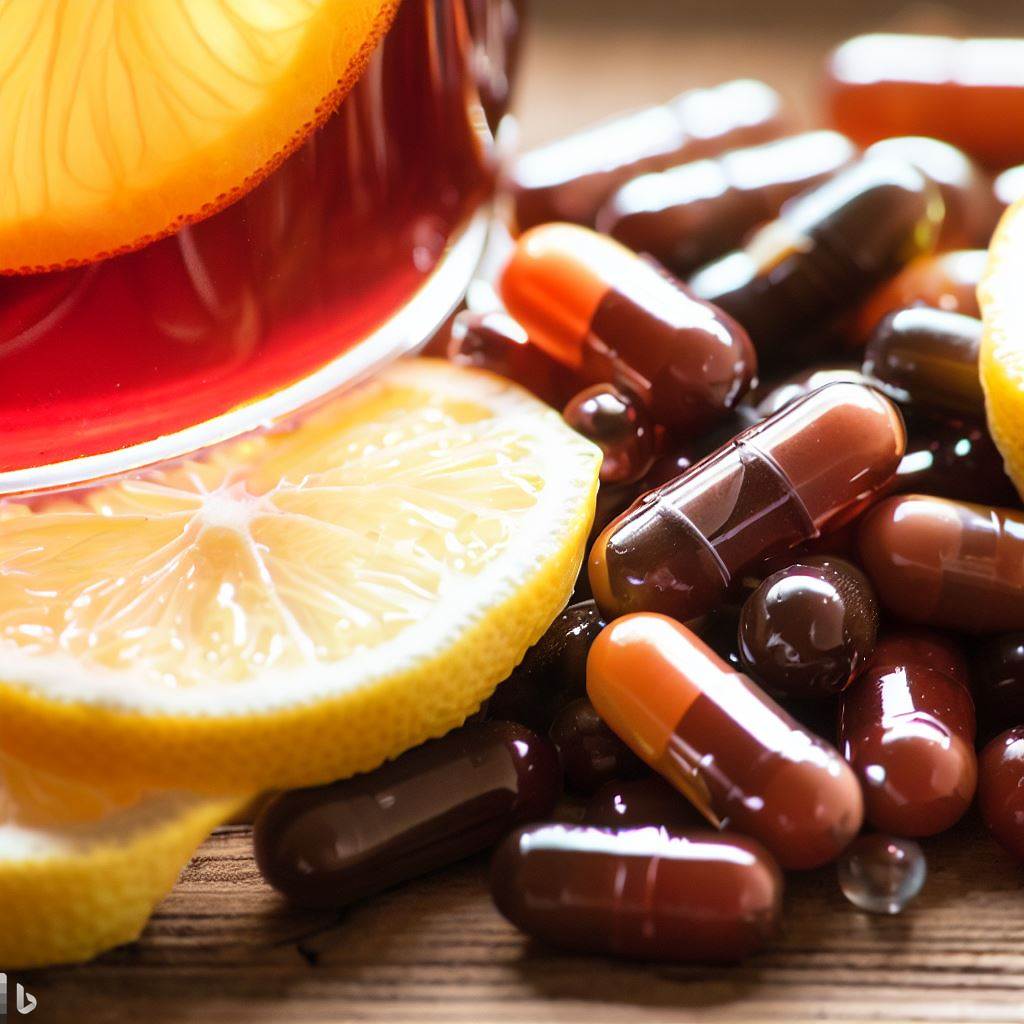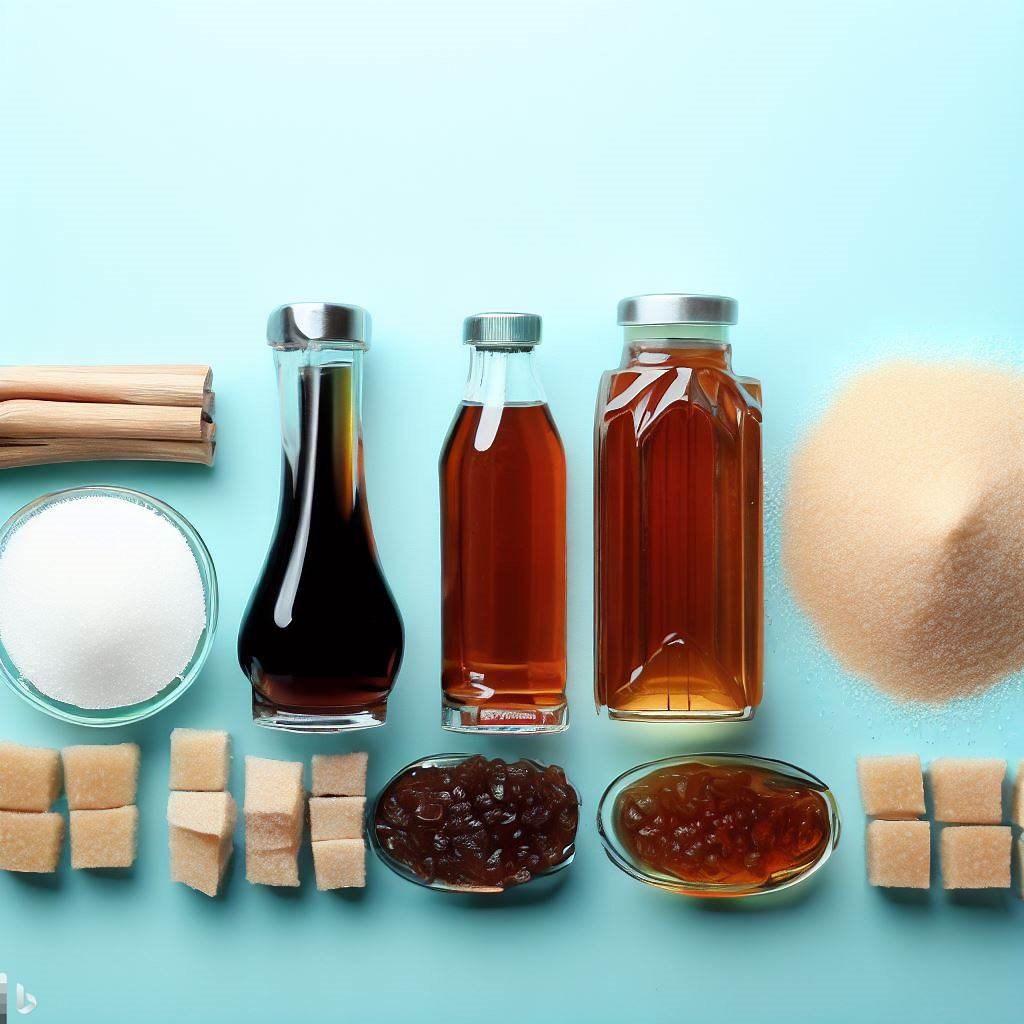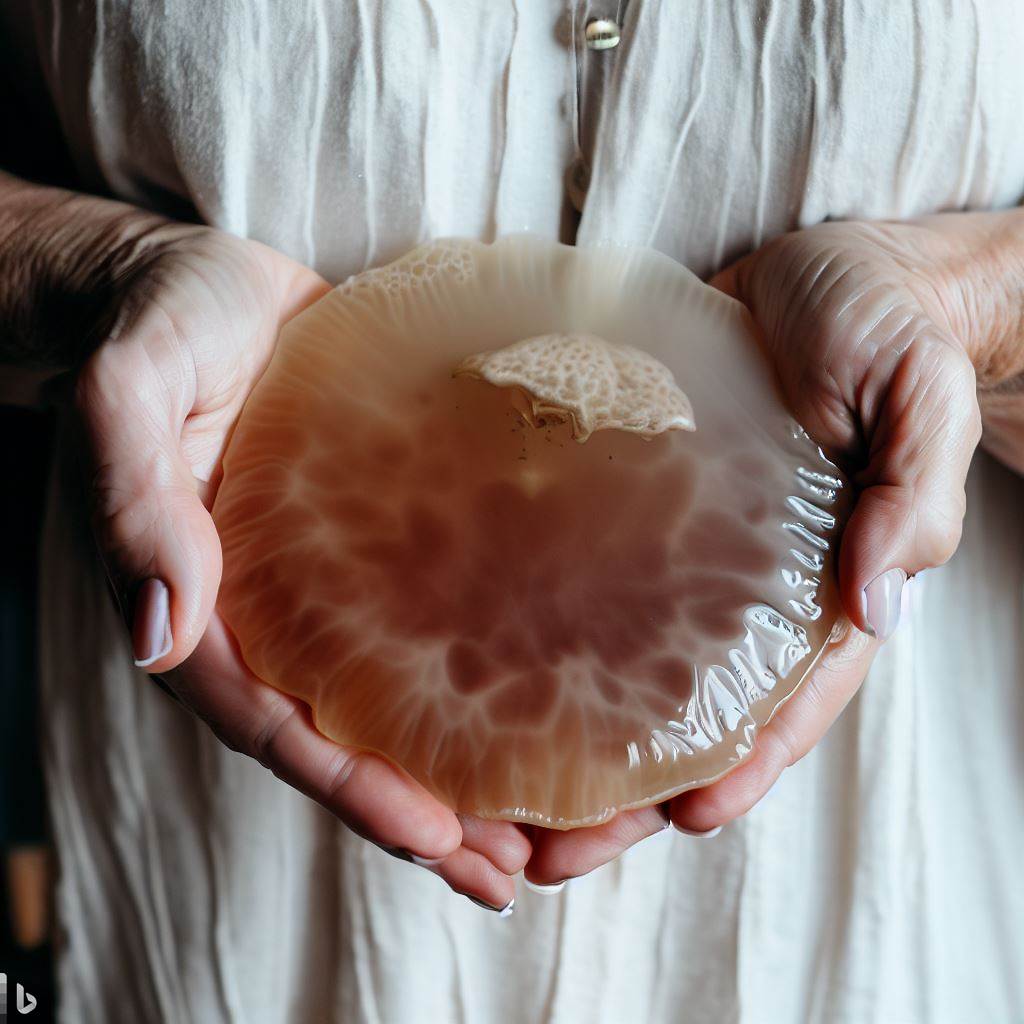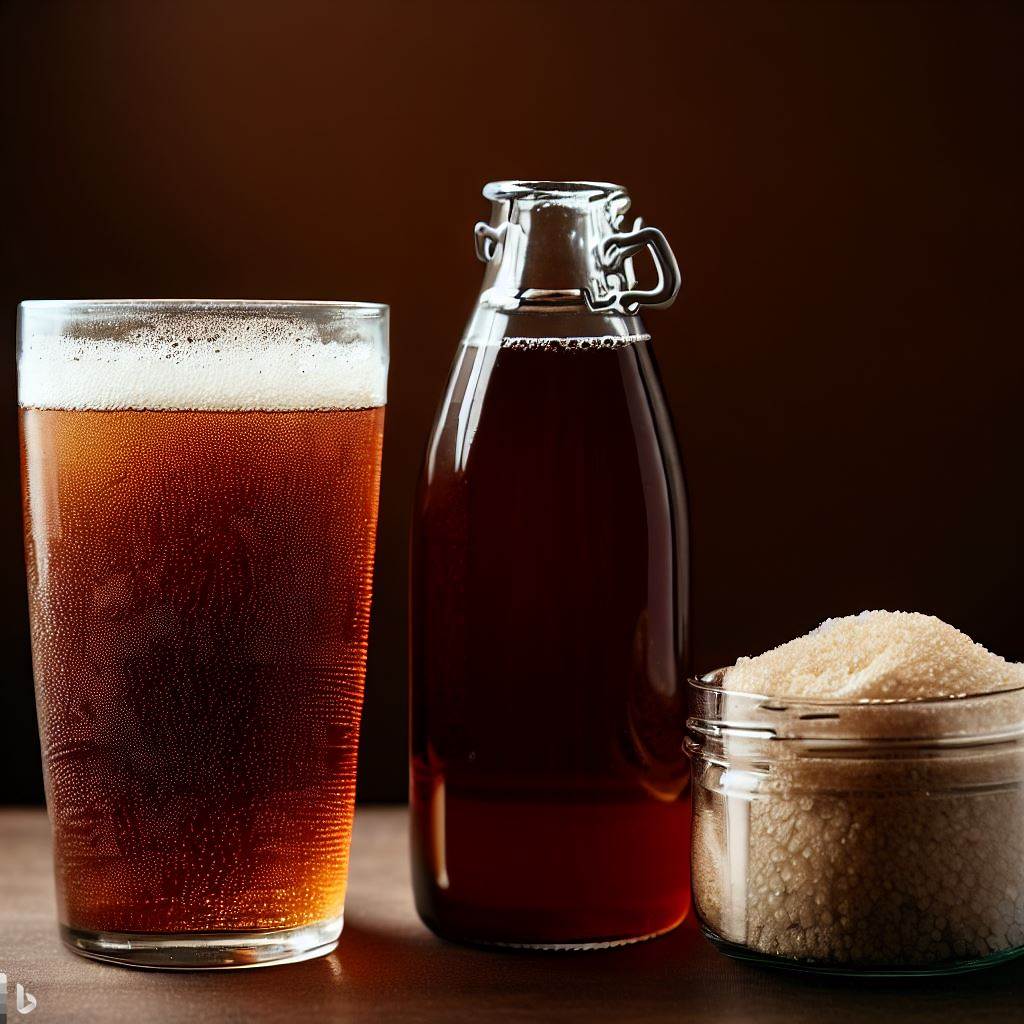Exploring the Pros and Cons of Using Molasses in Kombucha Brewing
When it comes to brewing kombucha, there are various ingredients that can be used to enhance the flavor and fermentation process. One such ingredient is molasses, a thick, dark syrup derived from the sugar cane or sugar beet refining process. In this blog post, we will delve into the pros and cons of using molasses in kombucha brewing. By understanding the benefits and potential drawbacks, you can make an informed decision about whether to incorporate molasses into your kombucha recipes.
Pros of Using Molasses in Kombucha Brewing
- Enhanced Flavor Profile: Molasses adds a rich, caramel-like flavor to kombucha, giving it a unique and distinct taste. This can be particularly appealing to those who enjoy deeper, more complex flavors in their beverages.
- Nutritional Benefits: Molasses is a natural source of essential minerals such as iron, calcium, magnesium, and potassium. When used in kombucha brewing, these minerals can contribute to the overall nutritional value of the beverage, providing additional health benefits.
- Increased Antioxidant Content: Molasses contains antioxidants, which help protect the body against oxidative stress and free radicals. By incorporating molasses into your kombucha recipes, you can boost the antioxidant content of the beverage, potentially enhancing its health-promoting properties.
- Fermentation Aid: The natural sugars present in molasses can serve as a food source for the kombucha SCOBY (Symbiotic Culture of Bacteria and Yeast). This can help accelerate the fermentation process and promote the growth of beneficial bacteria and yeast, resulting in a faster and more robust fermentation.
- Cost-Effective Option: Molasses is relatively inexpensive compared to other flavoring agents like honey or maple syrup used in kombucha brewing. This makes it a relatively affordable choice for those looking to experiment with different flavors without breaking the bank.
Cons of Using Molasses in Kombucha Brewing
- Overpowering Flavor: While some enjoy the distinct taste of molasses in kombucha, others may find it overpowering. The strong, robust flavor of molasses can dominate the other flavors in the brew, potentially masking the delicate notes of tea or other ingredients.
- Altered Fermentation Process: Molasses contains a higher concentration of sugars compared to other sweeteners commonly used in kombucha brewing, such as cane sugar or honey. This can affect the fermentation process, potentially leading to a faster fermentation and higher alcohol content in the final product. It is important to monitor the fermentation closely when using molasses to ensure the desired results.
- Adjustments to Recipe: When using molasses in kombucha brewing, it may be necessary to adjust the recipe to account for its unique properties. This includes modifying the amount of molasses used, the brewing time, and the overall balance of flavors. Experimentation and careful observation are key to achieving the desired taste and consistency.
- Limited Availability: Depending on your location, finding high-quality molasses may be challenging. It is important to source molasses from reputable suppliers to ensure its purity and quality. Additionally, the availability of different types of molasses, such as light, dark, or blackstrap, may vary, limiting your options for flavor experimentation.
- Want to learn more on Molasses in Kombucha brewing? Check out this Youtube Video!
Conclusion
In conclusion, incorporating molasses into your kombucha brewing can offer a range of benefits, including enhanced flavor, nutritional value, and fermentation aid. However, it is essential to consider the potential drawbacks, such as overpowering flavor and altered fermentation process. By carefully weighing the pros and cons, you can make an informed decision about whether to use molasses in your kombucha recipes. Remember to experiment, adjust recipes accordingly, and enjoy the process of creating unique and delicious kombucha flavors. Cheers to your brewing adventures! Happy Brewing Y’all.
Want to get started brewing today?
Check out our Quickstart guide!

